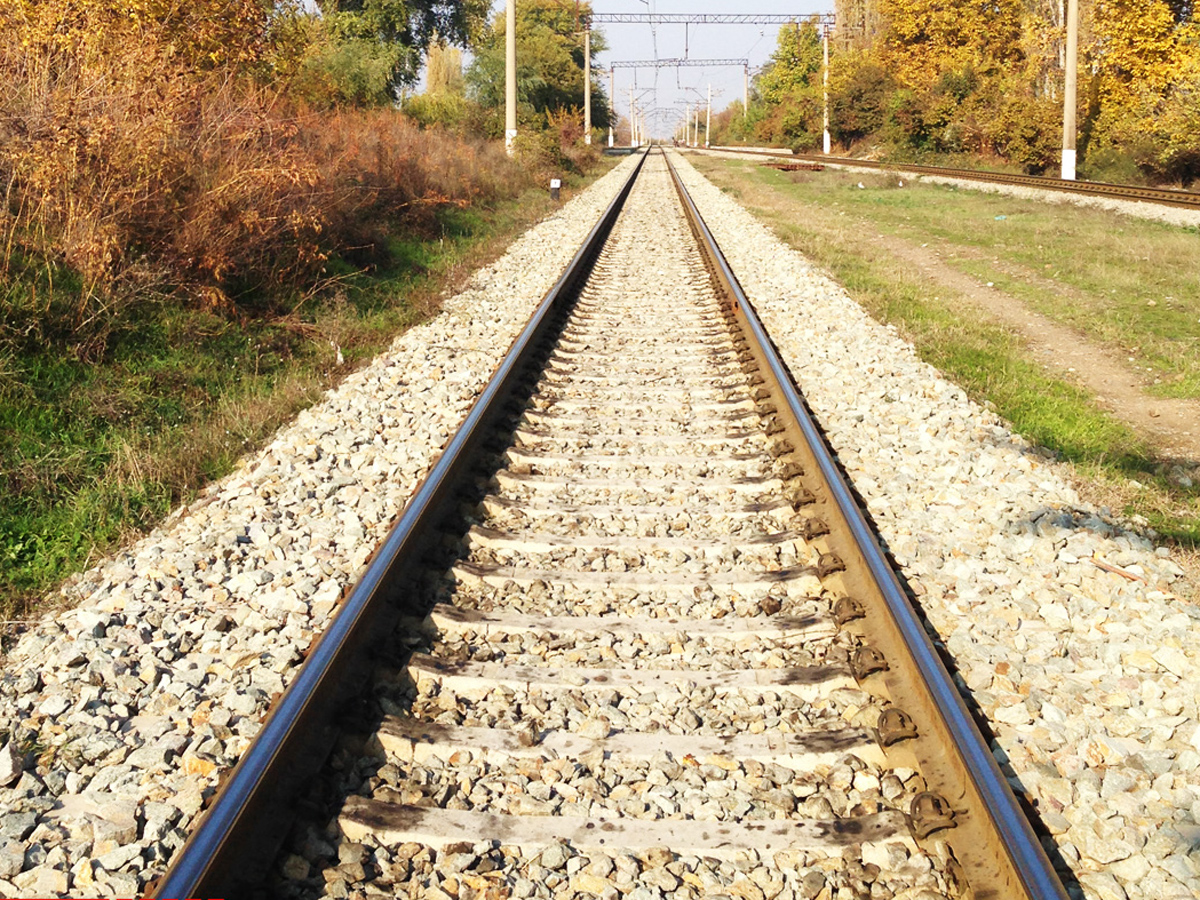Baku, Azerbaijan, Oct. 29
Trans-Caspian International Transport Route and the New Silk Road project on a more global scale, will be held tomorrow, Oct. 30.
The importance and scale of this project is evidenced by the fact that the opening ceremony of the BTK and the dispatch of the first freight train will be attended by the leaders of a number of countries that will somehow be involved in the transportation along this corridor. In particular, President of Turkey Recep Tayyip Erdogan, the high-ranking officials of Kazakhstan, Georgia, China, Turkmenistan, Kyrgyzstan and Tajikistan will arrive for the BTK inauguration.
The project, which will connect the railways of Azerbaijan, Georgia and Turkey for the first time, was launched in 2007 with the signing of an intergovernmental agreement among the three countries and a year later, on July 24, 2008, the Turkish section of the road was laid in Turkey. The project envisaged the complete reconstruction of the railroad in Azerbaijan and Georgia from Marabda to Akhalkalaki and the construction of a completely new infrastructure in the Akhalkalaki-Kars.
Azerbaijan acted as the main ideologist and initiator in this large-scale project. The country took over the financing of the project on the territory of Georgia and provided a loan of $775 million. The project is financed by the State Oil Fund of Azerbaijan, according to the decree of the President of Azerbaijan "On Implementing the Activities of the Baku-Tbilisi-Kars Project" dated February 21, 2007. The neighboring state received $640.3 million.
Many forces were interested in failure of the project and constantly pointed to the protracted nature of the project, but one should not forget that the construction of the Turkish and Georgian parts of the BTK rail line was conducted in the highlands.
This required certain technical solutions in terms of safety and speed of the movement of trains, as well as work under difficult meteorological conditions. Here, the most important thing was not to rush, but to create the safest, most favorable route for cargo and passengers, and the countries participating in the project did quite right.
Carriers from China, Central Asia and Europe particularly expected the opening of BTK and will now be rewarded for patience, because the terms of transportation of goods, for example, from China to Europe, will be reduced from 40-45 to 12-15 days, and transportation costs for the supply of petroleum products and dry cargo to the Turkish market will noticeably decrease.
A freight train of 82 containers loaded with grain, which will be honored to run along the BTK first, departed from Kazakhstan's Kostanay a few days ago and reached the Kuryk port on the Caspian the day before. Its final destination will be the Mersin port in Turkey, meanwhile Kazakhstan has already begun the formation of the second coal train for delivery to Romania.
The administrations of the railway agencies of Azerbaijan, Georgia and Turkey have already agreed and presented the tariff policy to the senders of the goods. For example, the cost of delivering goods along the Baku-Kars route will be $ 37.98 per ton, $ 2,279 per wagon, $ 529 per one 40-foot container. More details on the tariffs along the corridor can be found here.
In general, at the first stage, it is planned to transport up to five million tons of cargo per year and about one million passengers per year. Passenger traffic is expected to start in 2018. For these purposes, Azerbaijan Railways purchased 30 comfortable sleeping cars from the Swiss manufacturer Stadler and 10 locomotives from the French Alstom.
The BTK railway can also be used to supply liquefied gas to Turkey from the Caspian countries, oil products from Turkmenistan and Azerbaijan and, of course, container shipments from China. This shows the involvement of other countries in the project.
In addition to the construction of the railway itself, a number of infrastructure facilities have been and will be built in the future: a logistic center in Kars, a replacement point for wheel sets from gauge 1,520 to gauge 1,435 in Akhalkalaki, two large reception points for freight cars and depots there. It is also planned to create a coal storage warehouse, as well as a large terminal for transshipping oil, oil products and liquefied gas, after which it will be possible to talk about an increase in the volume of freight traffic to 15 million tons per year.
BTK in the future will be an important part in terms of connecting the railways of Europe and Asia via the Marmara railway tunnel running under Bosphorus and will thus become a true "Orient Express" of the 21st century.
Maxim Tsurkov, Trend analyst






